The Kremlin’s involvement in Syria’s civil war was always, first and foremost, about posing as a great multi-regional power rather than actually being one. Vladimir Putin’s deployment of a single squadron of war planes to Hmemim airbase in Syria in 2015 brought a gun to a knife-fight. The Assad regime had been fighting insurgents with poison gas and infamous “barrel bombs” rolled out of helicopters. Russian Su-24 and Su-35 fighter-bombers and Kamov helicopter gunships were quickly able to turn the tide against the growing rebellion and undoubtedly saved Bashir al-Assad’s regime. Unlike America’s multi-trillion dollar investment in Iraq and Afghanistan, Putin was able to change the fate of a nation by sending just thirty aircraft and deploying just 2,300 personnel on the ground — plus a few hundred Wagner mercenaries.
Putin’s intervention in 2015 allowed him to play the Middle Eastern power broker, just as his Soviet predecessors had done — except without the expense and effort of spending billions of rubles on military aid, building dams, universities and schools as the USSR had done for decades across the region. At the time the Kremlin was newly isolated in the wake of Russia’s snap annexation of Crimea in February 2014. The Syria gambit was Putin’s answer to those western leaders — led by the Obama White House — who sought to contain, downplay and ignore Russia. As the savior and supporter of the Assad regime, Putin has to be reckoned with and respected as a player in the region alongside Iran, Israel and Turkey.
The Kremlin marked its victory over Syria’s jihadists with a spectacular piece of political theatre. On May 5, 2016, Russia’s leading conductor Valery Gergiev and the Mariinsky Symphony Orchestra were flown from St. Petersburg to perform pieces by Bach, Prokofiev and Shchedrin at the Roman Theater in the ancient ruins of Palmyra. An audience of Russian soldiers, government ministers and journalists sat where a year before ISIS had filmed the public execution of its enemies — including the beheading of Palmyra’s director of antiquities Khaled al-Asaad. It was a brilliant set-piece of propaganda illustrating the triumph of western civilization over Islamist obscurantism and violence — though Assad regime forces, assisted by Russian GRU military intelligence, wrought bloody revenge on ISIS members wherever they found them, especially those originally from Russia.
Yet Syria never became a great patriotic project for Putin’s Kremlin. Russia’s airbase in Hmemim and a tiny naval base at Tartus, near Latakia, were always of more symbolic and diplomatic value than practical. Tartus, for instance, was notionally the forward operating headquarters of Russia’s grandly-entitled Mediterranean Sea Task Force. Yet (as a quick glance at Google Maps will reveal) the main wharf at Tartus is just 100 meters long, and not long or deep enough for the larger ships of Mediterranean Sea Task Force — such as the missile frigate Admiral Grigorovich — to actually dock there. Furthermore since the beginning of Putin’s full-scale invasion of Ukraine in February 2022 the Russian fleet at Tartus has effectively been cut off from its closest home base of Sevastopol in the Black Sea under the terms of the Montreux Convention, which bars passage of warships though the Bosporus Straits in wartime (unless returning to base). Thus in practice, all Russian ships using Tartus would have to sail all the way from the Baltic or the Arctic. And in any case earlier this week all Russian warships and auxiliaries left Tartus and Russian personnel and aircraft have been evacuated from Hmemim, according to Ukrainian military intelligence.
Russian state TV has, so far, downplayed the dramatic collapse of the Kremlin’s sole Middle Eastern protege. Foreign minister Sergey Lavrov called for “dialogue” with the opposition. “The fall of Assad is tragic event,” tweeted ultranationalist ideologue Alexander Dugin. “He was ally of Russia and the axis of Resistance. We have to accept the blow… This is the fight, the war. But we should never give up. We will win.”
The fall of Assad is, doubtless, a blow to Putin’s prestige. But the swiftness of the regime’s collapse, the fact that Russian forces on the ground reportedly did so little to resist the rebel advance and the fact that Moscow has already offered asylum to several members of the Assad family and possibly to the fallen president himself, suggests that the Kremlin was willing to sacrifice Assad for the sake of bigger diplomatic games.
Russia’s relationship with Turkey, the major supporter of the victorious HTS rebels in Syria and the big geopolitical winner of regime change in Damascus, has always been far more important for the Kremlin than anything the Assad regime can offer. Turkey is a vital customer of Russian natural gas and an indirect exporter to southern Europe. It’s a major sanctions-busting hub for commerce and passenger transit. Turkey’s President Recep Tayyip Erdoğan has remained effectively neutral in the Ukraine war and played a key role in brokering attempted peace talks in 2022, and a grain export corridor in the Black Sea for Ukraine which also allowed Russian grain to flow freely. Erdogan is also likely to resume his role as honest broker in future peace talks in 2025.
In return for this economic and diplomatic support, the Kremlin has been all too willing to betray its smaller allies to please Ankara. Earlier this year Russian peacemakers stood aside as Turkish ally Azerbaijan rolled into and ethically cleansed the Armenian enclave of Nagorno-Karabakh. And now Russia has helped ensure that rather than being protracted and bloody, the end of its ally Assad was swift and relatively painless.
With its Syrian bases gone, Russia will now face difficulties in projecting power in Libya, the Central African Republic and other countries where its semiofficial mercenary forces are deployed. But on the other hand the cruise missiles of the Tartus fleet and the aircraft of the Hmemim base will now be freed for deployment in Ukraine.
For nine years, Putin successfully cosplayed a leader able to project power across continents. But in Syria that power has proved fragile as a house of cards — and Putin’s word, lest anyone doubted it, utterly fickle.



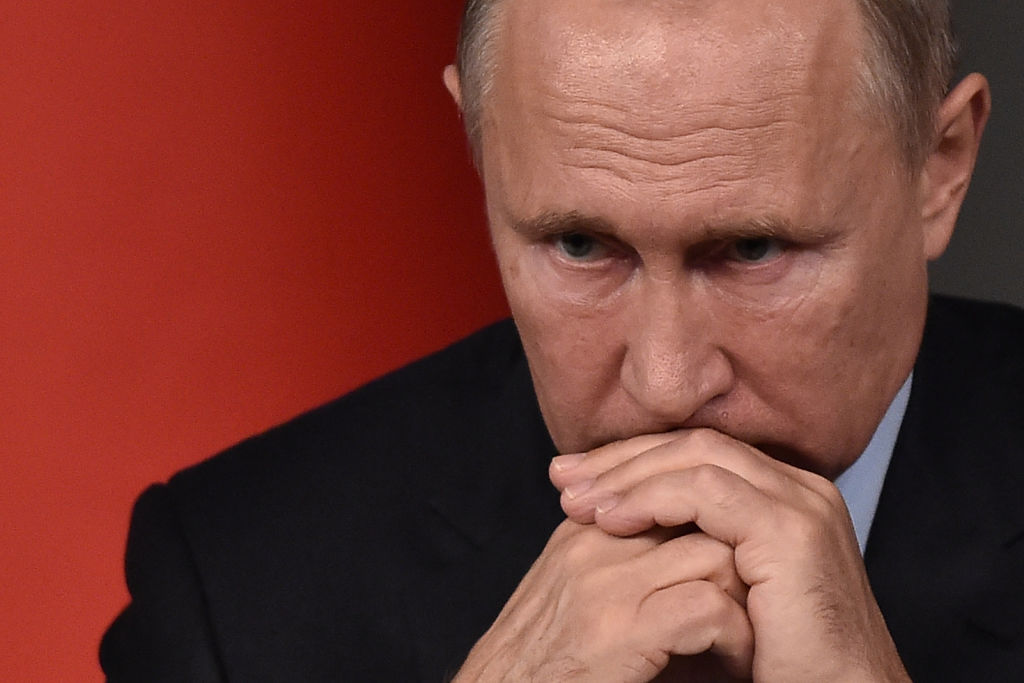






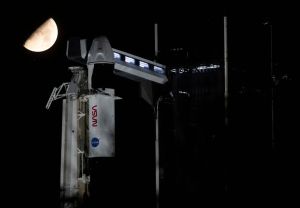
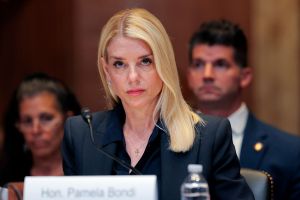



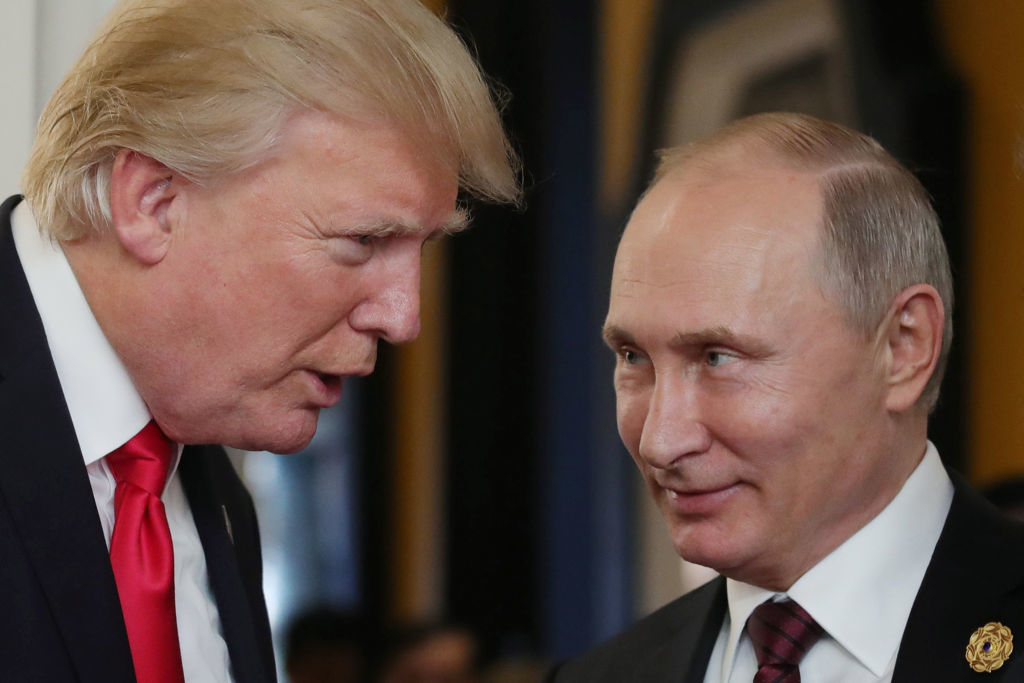


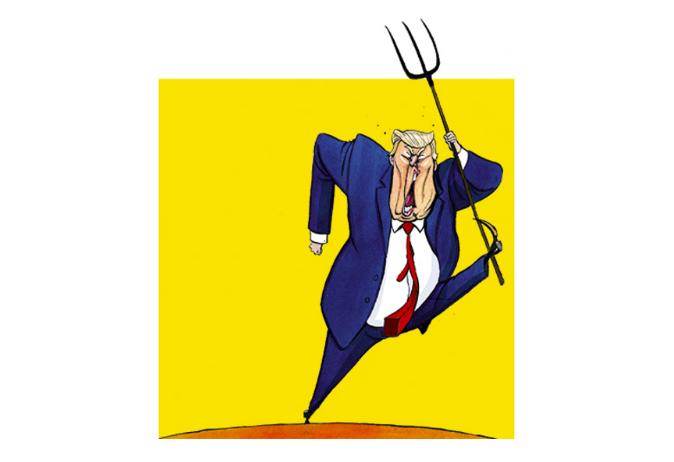







Leave a Reply